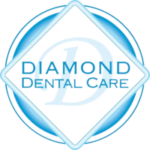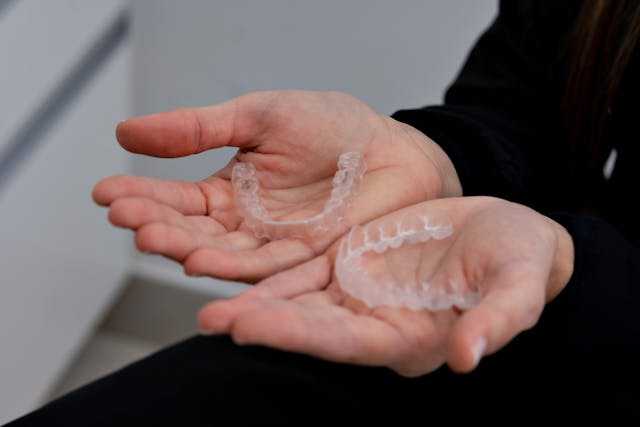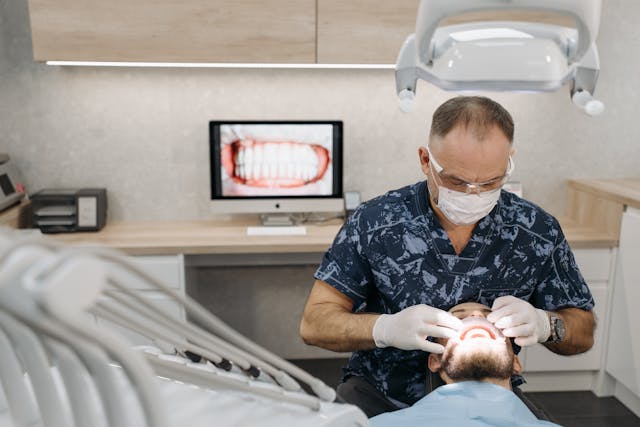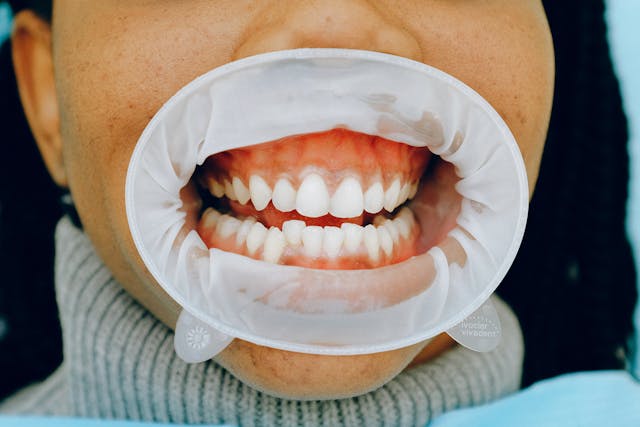Introduction
Dental X-rays, also known as radiographs, are vital tools used by dentists to assess oral health. These images provide valuable insights that help dentists diagnose various dental conditions, plan treatments, and monitor changes in oral health over time. Despite concerns about radiation exposure, dental X-rays play a crucial role in maintaining good oral health.
At Diamond Dental Care, we can examine you in our cosmetic dentistry office and discuss what you don’t like about your smile. If you have gaps between your teeth or they are crooked, stained, or misshapen, we can fix them in our dental office. There are several ways we can address most aesthetic issues, so we will conduct an examination, take x-rays, discuss the timeframe we are working with, and then present you and your parents with a variety of options to choose from.
Since some have set time constraints, it is best to schedule your appointment with our office as soon as possible. You can do so by calling (909) 860-7579. You can also follow us on Facebook or provide your valuable feedback at Yelp. Thanks.
Understanding Dental X-rays
Types of Dental X-rays
Dental X-rays come in several types, each serving a specific purpose in dental care. Common types include:
- Bitewing X-rays: These focus on the upper and lower back teeth, capturing images of the biting surfaces.
- Periapical X-rays: These capture images of the entire tooth, from crown to root, and surrounding bone structure.
- Panoramic X-rays: Providing a broad view of the entire mouth, including teeth, jaws, and surrounding structures.
- Cone Beam CT: A specialized type offering 3D images for more detailed assessments.
Importance in Diagnosis
Dental X-rays are invaluable for diagnosing various oral health issues that may not be visible during a regular dental examination. They enable dentists to detect:
- Tooth decay: Identifying cavities between teeth or beneath fillings.
- Gum disease: Revealing bone loss and other signs of periodontal disease.
- Impacted teeth: Identifying teeth that are unable to emerge properly.
- Bone infections: Detecting abscesses or other infections in the jawbone.
How Dental X-rays Work
Radiation and Safety Concerns
One of the primary concerns regarding dental X-ray is radiation exposure. However, modern dental X-ray equipment emits minimal radiation, making the procedure safe for patients. Dentists also take precautions, such as using lead aprons and thyroid collars, to minimize exposure to sensitive areas.
Procedure and Equipment
During a dental X-ray procedure, the patient is positioned so that the X-ray machine can capture images from different angles. The process is quick and painless, typically lasting only a few minutes. Advanced digital X-ray technology produces high-quality images with minimal radiation exposure.
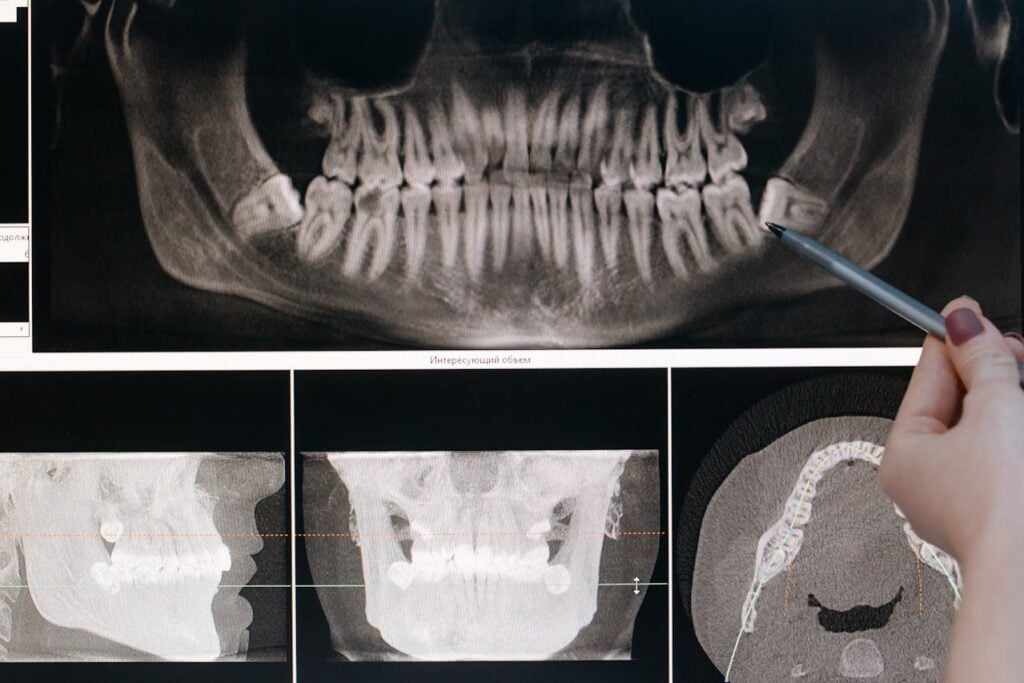
Benefits of Dental X-rays
The benefits of dental X-ray far outweigh the risks associated with radiation exposure. Some key benefits include:
- Early detection: Identifying dental issues in their early stages allows for prompt treatment, preventing further damage.
- Accurate diagnosis: X-rays provide detailed images that help dentists accurately diagnose oral health problems.
- Treatment planning: Dentists use X-ray images to plan appropriate treatments tailored to each patient’s needs.
- Monitoring progress: X-rays enable dentists to monitor the effectiveness of treatments and track changes in oral health over time.
Frequency of Dental X-rays
The frequency of dental X-ray varies depending on individual factors such as age, oral health status, and risk factors for dental problems. Generally, dentists recommend X-rays every 1 to 2 years for adults with good oral health and more frequently for those with specific dental issues or risk factors.
Special Considerations
Pregnant Women
While dental X-ray are generally safe, pregnant women should inform their dentist about their pregnancy before undergoing X-ray procedures. Although the radiation exposure from dental X-ray is minimal, precautions may be taken to ensure the safety of both the mother and the unborn child.
Children
Children may require dental X-rays more frequently than adults due to their developing teeth and jaws. Dentists take special care to minimize radiation exposure in pediatric patients while still obtaining necessary diagnostic information.
Conclusion
Dental X-ray are indispensable tools in modern dentistry, providing crucial information for diagnosis, treatment planning, and monitoring oral health. Despite concerns about radiation exposure, the benefits of dental X-rays in maintaining good oral health far outweigh the risks. By following safety protocols and guidelines, dentists ensure that patients receive the necessary diagnostic information while minimizing radiation exposure.
FAQs
- Are dental X-rays safe?
- Yes, dental X-rays are safe when performed using modern equipment and proper safety precautions.
- How often should I have dental X-rays taken?
- The frequency of dental X-ray varies depending on individual factors such as age, oral health status, and risk factors for dental problems. Your dentist will recommend the appropriate interval for X-ray imaging based on your specific needs.
- Can dental X-rays be harmful?
- While dental X-ray involve exposure to radiation, the amount is minimal and considered safe for patients. Dentists take precautions to minimize exposure and ensure patient safety. You can call on 9098607579 the Diamond Dental Care Clinic, Diamond Bar, Fullerton for complete dental examination.
- Do I need to wear protective gear during dental X-rays?
- Yes, your dentist will provide you with protective gear such as lead aprons and thyroid collars to minimize radiation exposure to sensitive areas.
- Can pregnant women have dental X-rays?
- While dental X-ray are generally safe, pregnant women should inform their dentist about their pregnancy before undergoing X-ray procedures. Precautions may be taken to ensure the safety of both the mother and the unborn child.
